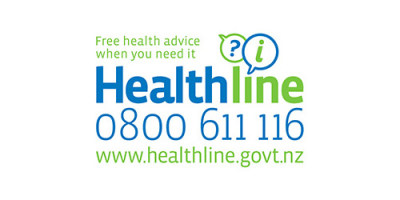Cough reflex test picks up swallowing difficulties
An acid which occurs naturally in citrus fruit is helping the Nelson Marlborough Health speech language therapy (SLT) team perform a simple test to detect whether a patient is likely to cough if something goes down the wrong way.
Nebulised citric acid irritates a person’s larynx and makes them cough, simulating the same effect as food or fluid touching the vocal cords.
SLT team leader, Michele Cunningham says a cough reflex test may be done on patients who have had an acute stroke or a neurological condition that might affect their swallowing.
“We put citric acid through a nebuliser and the patient breathes it in,” she says. “If they cough it tells us the sensation in their larynx is intact and they will be able to feel if food or fluid has gone down the wrong way. If they don’t cough it could mean the sensation in their larynx is affected, meaning they may not feel it and therefore won’t cough it up.”
Michele says this is known as silent aspiration, and the patient may not know it’s occurring, putting them at increased risk of developing aspiration pneumonia.
 In May 2019 the SLT department added the cough reflex test as an additional tool to some swallowing assessments.
In May 2019 the SLT department added the cough reflex test as an additional tool to some swallowing assessments.
Although 10 per cent of the regular population won’t react to citric acid, Michele says the test acts as a good screening process.
“Just because someone fails the test it doesn’t mean 100 per cent that their cough reflex is compromised but it does mean we manage them more cautiously, and it gives better information to the medical team,” she says.
“When someone passes the test it gives us a lot more confidence that they are not silently aspirating.”
Michele says since they started using the test approximately 20 per cent of patients fail, although some will subsequently pass when the test is re-administered in the next day or two.
Photo: SLT Freya Davidsen fits a mask to SLT team leader, Michele Cunningham for the nebuliser.





